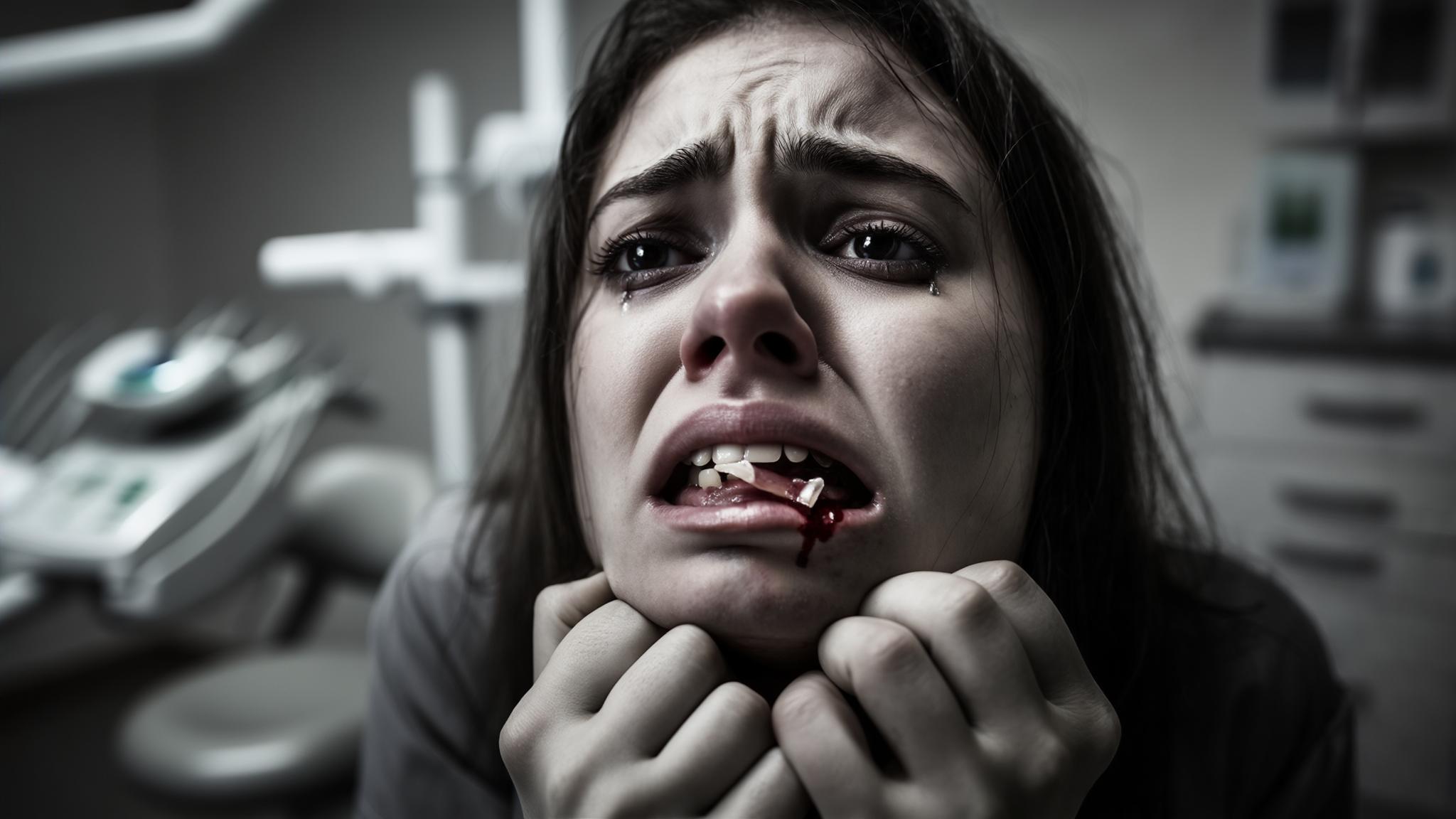Introduction
Dental emergencies can catch anyone off guard, and a broken tooth is a common yet distressing situation. Whether it's a sudden accident or a biting mishap, addressing a broken tooth promptly is crucial to prevent further complications. This article aims to provide you with immediate actions and treatment options for managing broken teeth effectively.
Understanding Broken Teeth
Common Causes of Broken Teeth
Broken teeth can occur due to various reasons, and understanding these causes can help you avoid future incidents:
- Trauma or accidents: A fall, a sports injury, or any direct impact to the face can lead to a broken tooth.
- Biting hard objects: Chewing on ice, hard candies, or non-food items like pens can easily crack or chip a tooth.
- Cavities and weakened enamel: Tooth decay can weaken the enamel, making it more susceptible to breaking.
Types of Broken Teeth
Not all broken teeth are the same, and knowing the type can guide your response:
- Chipped teeth: Small pieces break off the edge of the tooth, often causing minimal discomfort.
- Cracked teeth: A crack runs through the tooth, which may or may not be visible.
- Fractured teeth: A significant portion of the tooth breaks off, often exposing the nerve.
- Knocked-out teeth: The entire tooth is dislodged from its socket, requiring immediate attention.
Immediate Actions to Take After Breaking a Tooth
Assess the Situation
First, take a moment to assess the severity of the break:
- Determine the severity: Look in a mirror or have someone else check the damage.
- Check for pain and bleeding: Note any sharp pain or bleeding, as these require urgent care.
Rinse Your Mouth
Gently rinse your mouth to keep the area clean:
- Use warm water: This helps cleanse the area without causing shock to sensitive teeth.
- Avoid hot or cold water: Extreme temperatures can increase pain and sensitivity.
Control Bleeding
If there's bleeding, take steps to manage it:
- Apply pressure: Use a clean cloth or gauze to gently press on the area.
- Seek medical attention: If bleeding doesn't stop, visit a dentist or emergency room.
Manage Pain
Pain management is crucial for comfort:
- Over-the-counter pain relief: Ibuprofen or acetaminophen can help alleviate pain.
- Avoid aspirin on the gum: Placing aspirin directly on the gum can cause irritation.
Treatment Options for Broken Teeth
Visit a Dentist
Seeing a dentist is essential for proper treatment:
- Professional evaluation: A dentist can assess the damage and recommend the best course of action.
- What to expect: You may need X-rays or a thorough examination to determine the extent of the damage.
Possible Dental Treatments
Depending on the severity, your dentist may suggest:
- Dental bonding: Ideal for minor chips, this involves applying a tooth-colored resin.
- Crowns: Used for more significant damage, crowns cover and protect the tooth.
- Root canal treatment: Necessary if the crack affects the pulp, this procedure saves the tooth.
- Extraction: For irreparable fractures, removing the tooth may be the best option.
Temporary Measures Before Seeing a Dentist
While waiting for your appointment, consider these temporary solutions:
- Dental wax: Use it to cover sharp edges and protect your tongue and cheek.
- Avoid certain foods: Stay away from hard, sticky, or chewy foods that could worsen the damage.
Preventive Measures
Tips to Avoid Breaking Teeth in the Future
Prevention is always better than cure. Consider these tips:
- Wear a mouthguard: Essential during sports to protect your teeth from injury.
- Avoid chewing hard objects: Refrain from biting down on ice, pens, or hard candies.
- Regular dental check-ups: Routine visits help catch issues before they lead to breaks.
Importance of Good Oral Hygiene
Maintaining strong, healthy teeth reduces the risk of breakage:
- Brush twice daily with fluoride toothpaste.
- Floss daily to remove plaque between teeth.
- Eat a balanced diet rich in calcium and vitamin D.
Conclusion
In summary, a broken tooth requires swift action and professional care to ensure a full recovery. By understanding the types of breaks and knowing how to respond, you can minimize discomfort and avoid complications. Remember, maintaining regular dental check-ups and practicing good oral hygiene are your best defenses against dental emergencies.

